
When Power Breeds Madness: APC’s Culture of Reckless Rhetoric

In a country battling economic collapse, insecurity, and deep mistrust in governance, words carry significant weight. But in Nigeria today, words from those in power are increasingly careless, arrogant, and corrosive. If governance is a mirror of leadership speech, then the ruling All Progressives Congress (APC) has made recklessness a governing principle.
The most recent example comes from Niger State Governor Mohammed Bago, whose citizens questioned his reckless borrowing.
Even if I sell Niger State to fund projects, it’s not your business.”
The governor’s contempt dripped from every word, treating citizens not as stakeholders but as meddlesome onlookers in their own state’s affairs. This was not a slip of the tongue; it was a window into how power is viewed within the APC, as the people do not matter, only the rulers.
Bago has history. Just weeks earlier, he ordered the shutdown of Badeggi FM, an independent radio station, because it criticised his policies. No court order, no due process, just raw executive fiat. That’s not leadership; that’s authoritarianism in local garb. And yet, within APC circles, this is normal.
At the top, the tone is set by President Bola Tinubu, whose Democracy Day speech mocked opposition parties as being “in disarray,” gleefully declaring he would do nothing to help them recover. That is not the language of a statesman. That is the smugness of a man more interested in permanent dominance than in building Nigeria’s fragile democracy.
Worse still are accusations of ethnic favouritism in his appointments. From health to culture to creative economy, key ministries are stacked with Yoruba allies. This is a violation of the constitutional principle of federal character. But the silence from Tinubu’s regime is telling. It is arrogance cloaked as governance, the same arrogance that fuels the “speak anyhow” culture across APC ranks.
Enter Godswill Akpabio, Senate President and perpetual gaffe machine. He once claimed Nigeria might not be facing banditry if the old national anthem had remained in place. Yes, you read that right; a national crisis was reduced to a sing-along. In another embarrassing moment, Akpabio lamented at a funeral that Peter Obi had “outshone” him, turning a solemn event into a petty political scorecard.
When a Senate President trivialises insecurity and treats funerals as political arenas, it tells Nigerians how little seriousness their leaders attach to the struggles of daily life.
This culture of verbal recklessness isn’t new. Former Kaduna governor Nasir El-Rufai, one of APC’s intellectual heavyweights, fanned ethnic divisions by saying killers of Fulani herders had taken “a loan repayable one day.” These aren’t just irresponsible remarks; they are dangerous incitements.
Former APC chairman Adams Oshiomhole stooped even lower during the Edo State election campaign, mocking Governor Obaseki’s wife as “childless.” That wasn’t politics, it was cruelty disguised as campaign banter.
While technically a PDP man, Nyesom Wike, the Minister of the FCT and Tinubu’s loudest ally, has perfected this same style of reckless speech. Since cutting his deal with APC after the 2023 elections, Wike has taunted critics, declared himself untouchable, and mocked opponents in Rivers State as powerless. Wike talks like APC governs, with arrogance, bluster, and disregard for consequences.
Some will dismiss these examples as “mere words.” But in politics, words are weapons. When leaders joke about selling states, trivialise banditry, or dismiss critics as irrelevant, they are not simply “speaking carelessly.” They are revealing their worldview, the belief that power belongs to them, not to the people.
And Nigerians feel it. Citizens see leaders mocking their pain while poverty deepens, inflation bites, and insecurity spreads. When APC leaders speak with arrogance, they send a signal that we can say anything, do anything, and you can do nothing.
The APC came into power in 2015 promising “change.” What Nigerians have received instead is a political culture where arrogance is normalised, where leaders speak anyhow and act anyhow, and where the people’s voices are dismissed as background noise. With Tinubu’s smirks to Bago’s contempt to Akpabio’s jokes, the pattern is clear that reckless words are not accidents, but they are the brand.
Nigerians need to speak up against this, not just for policies but for the words of those in power; the culture of arrogance will persist. But for now, APC has turned reckless speech into a governance style, and Nigerians are paying the price.
Read More:
- Nigerian Media Complicit In Misinforming Citizens On Risks Associated With Bill Gates-Funded GMO TELA Maize
- France Faces Backlash For Supporting Ukraine While Relying On Russian Energy Despite EU Sanctions
About The Author
Related Articles
Africa’s Stolen Wealth: The West’s Two-Faced War On Corruption, Condemning In Public, Laundering the Continent’s Future In Practice
While international bodies and Western governments publicly commit to combating illicit financial...
ByWest Africa WeeklySeptember 6, 2025Tribalism Is Not African: Africa’s Wounds Were Carved In Western Boardrooms And Remain A Colonial Tool Still In Use
The narrative of “tribal conflicts” plaguing Africa, often portrayed as an inherent,...
ByWest Africa WeeklyAugust 30, 2025Tinubu’s Nigeria: A Nation Held Hostage by Failure
When Bola Tinubu was sworn in as President in May 2023, Nigerians...
ByWest Africa WeeklyAugust 9, 2025From Yeboah To Lookman: African Stars Battle Contracts Issues, Racism, Exclusion In Europe
For generations, African players have excelled on Europe’s biggest stages. Yet, some...
ByOluwasegun SanusiAugust 4, 2025






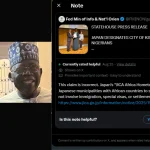
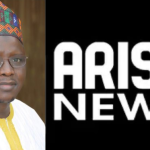
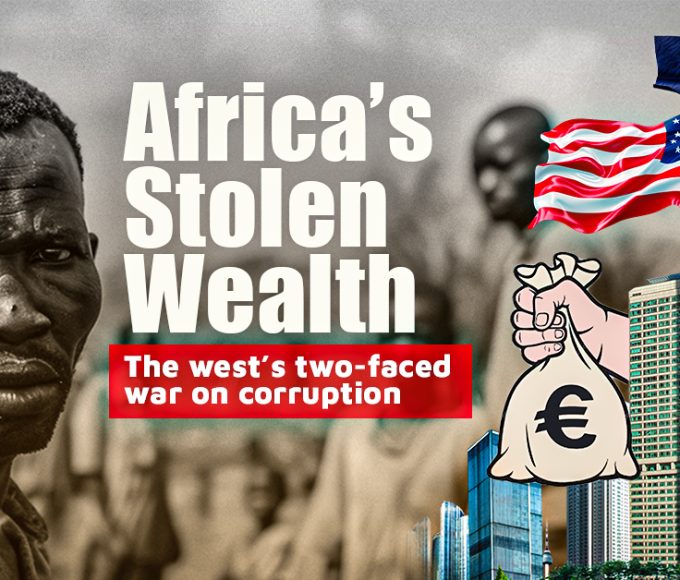
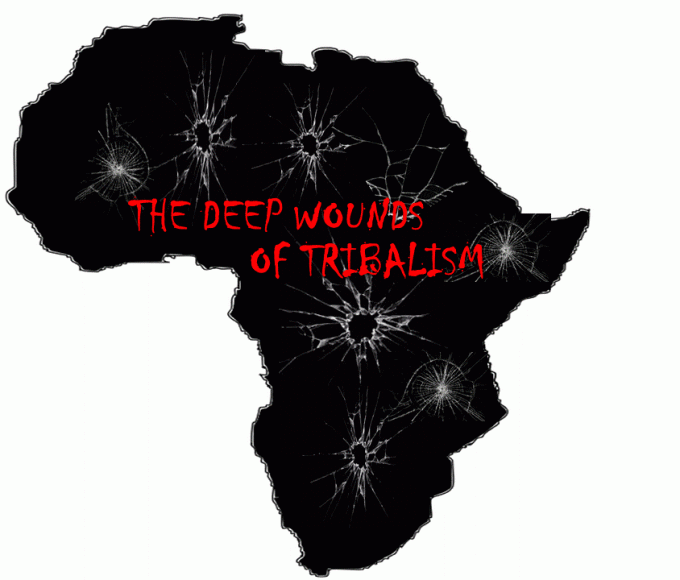
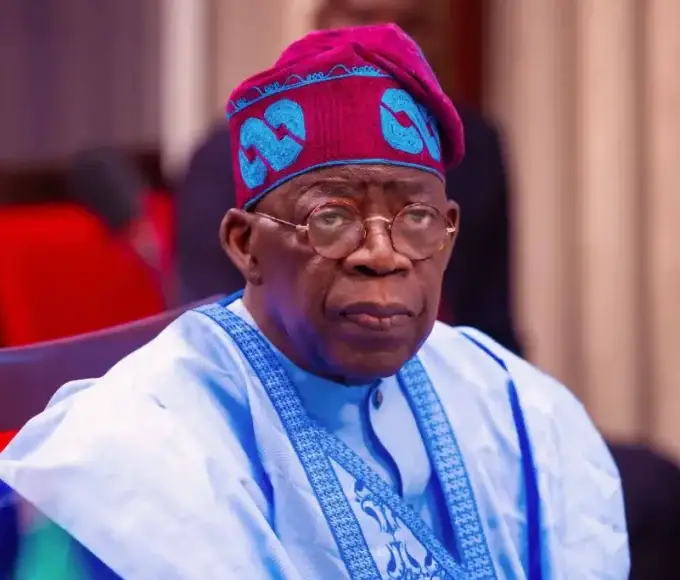

Leave a comment